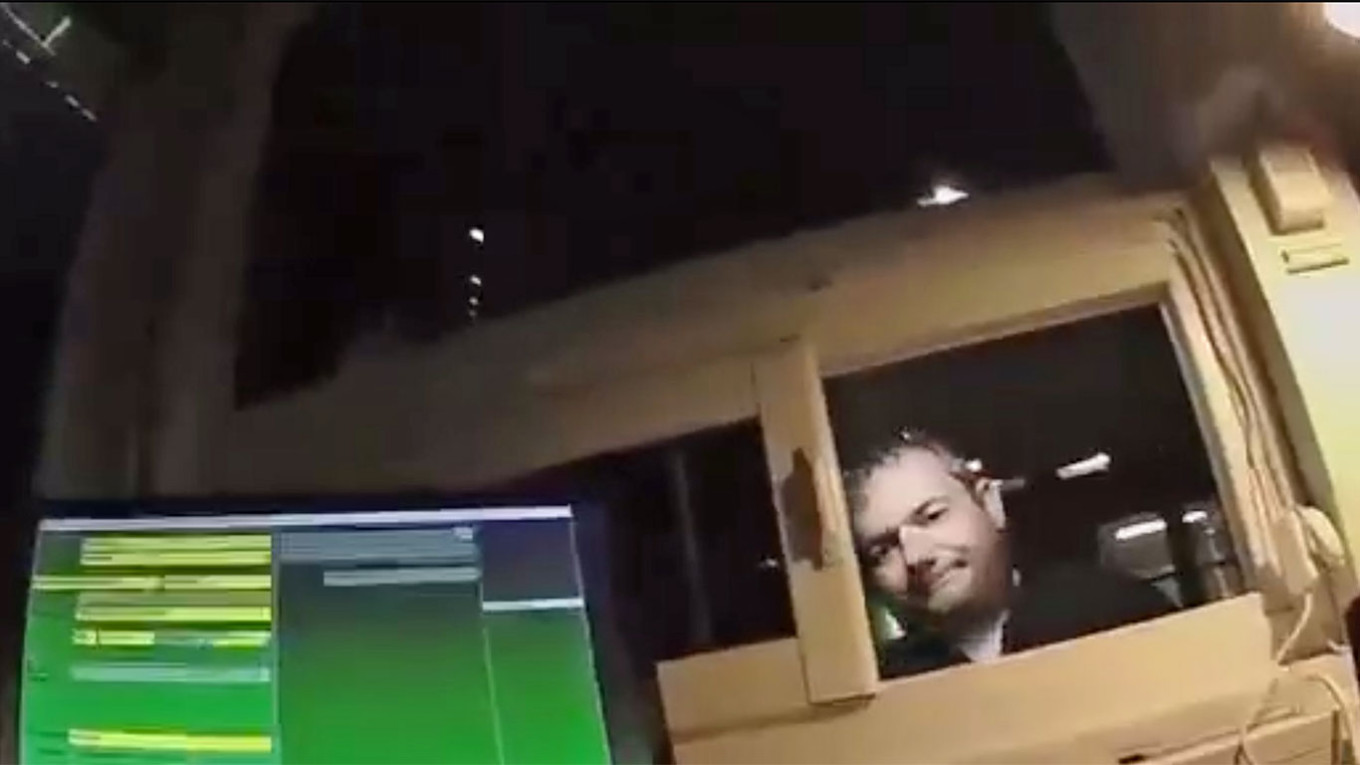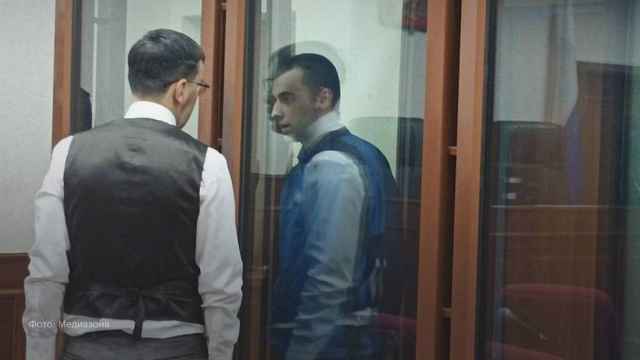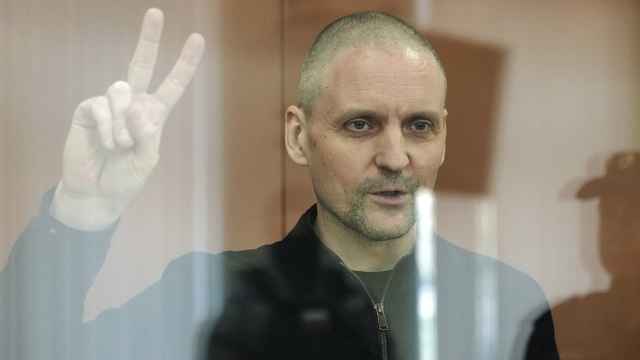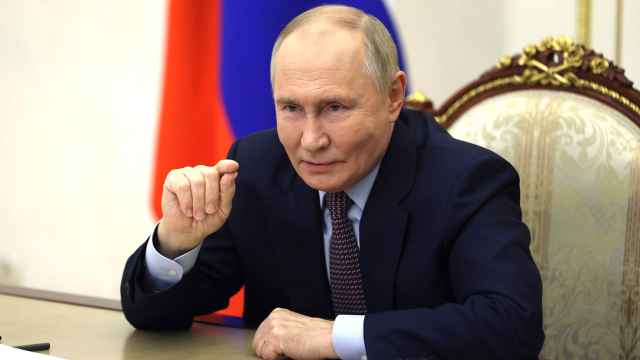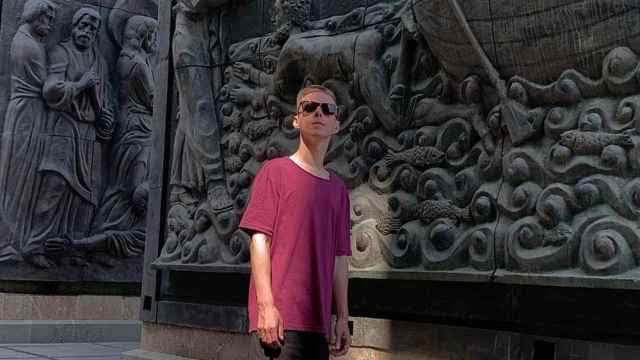Russia’s Federal Security Service (FSB) claimed Monday to have identified a second Ukrainian suspect in a car bombing that killed the adult daughter of hardline ideologue and Ukraine war supporter Alexander Dugin.
Far-right journalist and comentator Daria Dugina was killed late Aug. 20 when a bomb placed in her car exploded as she was driving on a highway outside Moscow.
Two days later, the FSB accused 43-year-old Ukrainian citizen Natalia Vovk of committing the crime.
But now the FSB have named another Ukrainian citizen — Bohdan Tsyganenko — as also having been involved in the attack. Tsyganenko is “another member of a Ukrainian subversive and terrorist group who helped prepare Daria Dugina’s murder along with Natalia Vovk,” the FSB said in a statement carried by state news agencies.
An 11-minute video released by the FSB on Monday claimed to show Tsyganenko arriving in Moscow on July 30 and leaving Russia the day before the assassination.
Tsyganenko was alleged to have helped Vovk assemble the explosive device, as well as provide her with fake license plates and documents in the name of Kazakh citizen Yulia Zayko.
The FSB said that Vovk was spying on Dugina at a nationalist festival outside Moscow on the day of her death.
Russian authorities say Vovk may be in hiding in Estonia, where she had escaped using forged documents after Dugina’s assassination.
Ukraine has dismissed Russia’s claim that Kyiv was behind Dugina’s murder. Ukraine’s Secretary of the National Security and Defense Council Oleksiy Danilov blamed the FSB itself for organizing the killing in order to boost domestic support for Russia’s invasion of Ukraine.
The Kremlin reportedly stepped up internal security measures following the car bombing.
A Message from The Moscow Times:
Dear readers,
We are facing unprecedented challenges. Russia's Prosecutor General's Office has designated The Moscow Times as an "undesirable" organization, criminalizing our work and putting our staff at risk of prosecution. This follows our earlier unjust labeling as a "foreign agent."
These actions are direct attempts to silence independent journalism in Russia. The authorities claim our work "discredits the decisions of the Russian leadership." We see things differently: we strive to provide accurate, unbiased reporting on Russia.
We, the journalists of The Moscow Times, refuse to be silenced. But to continue our work, we need your help.
Your support, no matter how small, makes a world of difference. If you can, please support us monthly starting from just $2. It's quick to set up, and every contribution makes a significant impact.
By supporting The Moscow Times, you're defending open, independent journalism in the face of repression. Thank you for standing with us.
Remind me later.


